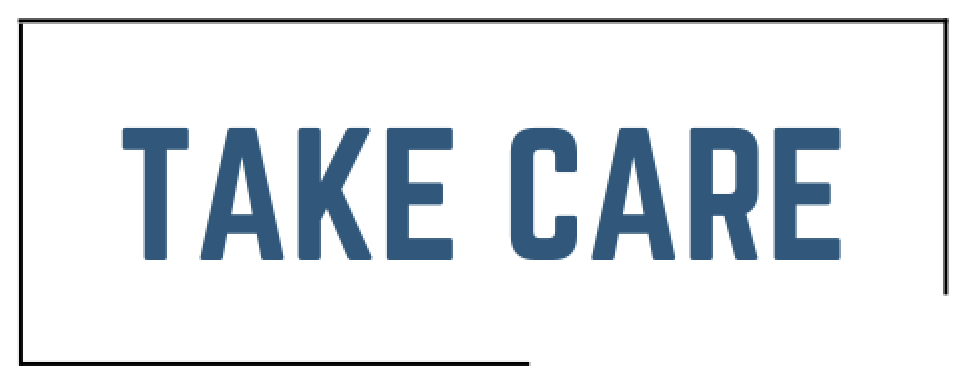How to Deal With Imposter Syndrome
What is Imposter Syndrome?
Imposter syndrome is a term coined by researchers from Georgia State University in 1978 that encapsulates a feeling of inadequacy, or a sense of doubt around your skills or accomplishments. It’s the feeling that you’re going to be “found out” or that you're a fraud.
Ultimately, it’s the feeling that you don’t deserve your success.
Although it is found most commonly among women, more and more men identify feelings of imposter syndrome (Clance & Imes, 1978). It’s estimated that “more than 70 percent of the population has experienced this feeling at one time or another.”
Coaching Application
It’s common for coaches (especially novice coaches) to experience feelings of imposter syndrome. It can cause feelings of anxiety, self-doubt, and comparison to other coaches that leads to:
Poor performance on calls with clients
Inaction or procrastination (on taking on clients)
An endless journey of “one more certification”
Limited growth and improvement
There’s actually two “syndromes” —
Before we can curtail imposter syndrome, it’s helpful to put it into context. Imposter syndrome gets a lot of press, but it’s only one end of the spectrum.
In theory, confidence and competence should go hand in hand, but they rarely do. The world is not a tidy little place that adapts for our emotional comfort. Things are constantly changing, new opportunities arise, and innovations occur. And as humans, we’re are biased, fallible beings. This makes for a life where our our skills and ability will rarely perfectly intersect with our confidence and self-esteem.
Because of this, two “syndromes” tend can manifest.
Imposter Syndrome — when our competence (ability, skills, etc) outweighs our confidence (self-belief, esteem, etc.)
Delusional Syndrome — when our confidence outweighs our competence.
Study: Among managers rated as the worst listeners by they're employees, 94% of them evaluated themselves as good or very good listeners. This is an example of delusion.
If you have feelings of Imposter Syndrome, take comfort in the fact that:
IT’S NORMAL — It’s completely normal to feel like that. Many people have experienced it in one way or another… and it’s really part of the human experience.
Part of the problem is that on some level we feel like we should constantly be winning — that we shouldn’t feel fear or anxiety.. disappointment.. embarrassment.. envy, anger, etc.
Cultivate acceptance toward the “negative” emotions. It doesn’t mean your broken, it means you’re human.
You’re probably better off than you think — because those with imposter syndrome don’t feel up to snuff, they typically invest in themselves to improve (where as delusional syndrome people don’t — they feel like they already have all the knowledge/skills/abilities, so why waste time/money to improve?)
YOU’RE GROWING: imposter syndrome typically shows up when we’re in periods of growth. This is a good thing.
The Formula = (Effort + Humility) x Time
Effort: did you give your best effort? Are you showing up?
Often times, those who struggle most with imposter syndrome are those who have delayed taking action.
Action is the antidote to anxiety. You’ll learn more, and get over imposter syndrome sooner, by taking on 1000 clients than by taking any certification or reading any book
Humility — if you give effort, you will inevitably look silly — you’ll say something you regret, handle a situation poorly, get embarrassed, etc.
So have a little compassion for yourself. You’re human just like the rest of us.
Imposter syndrome comes from an idea of “should” – what you should be. Detach from “should.” You’re a human being, doing your best, just like the rest of us
Newbies at the gym example — when you see a novice in the gym, what is your perception of them? Do you point and laugh? Do you pity them? Do you scream at them to DO BETTER? Of course not.
You likely feel admiration for that individual. You can appreciate how vulnerable it is to try something new. It’s inspirational that they’re trying to better themselves.
Keep this in mind for yourself as you work through new things and periods of growth
There’s some research that shows that the very experience of coping—dealing with challenges and risking failure—increases our self-confidence.

